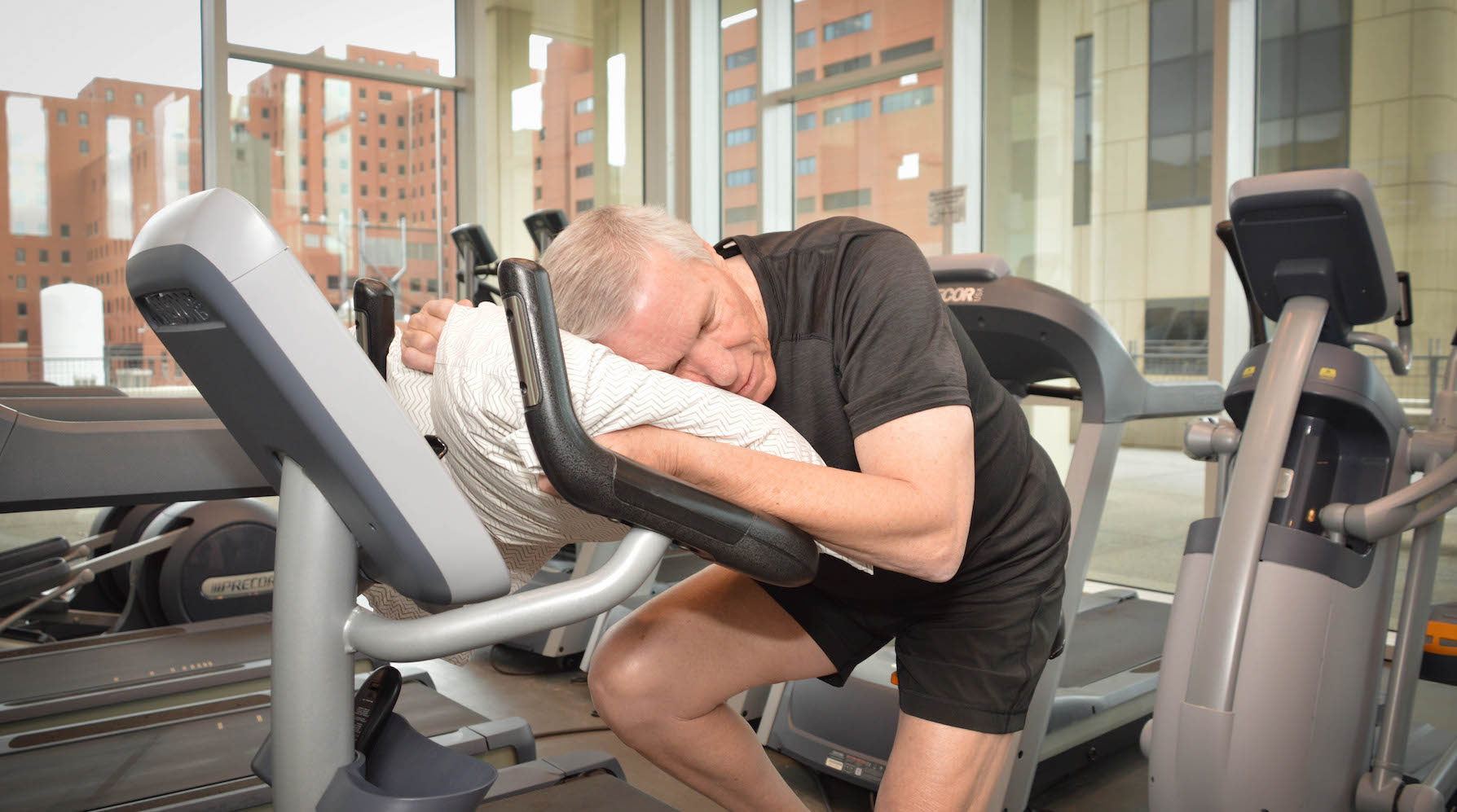shop categories
FREE SHIPPING with any purchase.
Good Sleep! and How to get it.
Source: Business Insider
Sleep is a vital to our overall health and wellbeing and let's not forget we spend one-third of our lives sleeping. Unfortunately, we don’t make sleep a priority anymore, or we think we can do with less also due to the fact that we're glued to artificial lights from the screens of our electronic devices.

What actually is good quality sleep in the first place?
These are the indicators of good quality sleep as stated by the US National Sleep Foundation (NSF):
• More sleep time on the bed (at least 85% of the total time).
• Falling asleep within 30 minutes or less.
• Waking up no more than once per night.
• Being awake for 20 minutes or less after initially falling asleep.

To make things worse, during sleep, we have the Internet on and our phones on, and we sometimes have coffee in evenings before bed. Thus, all these interfere with our sleep patterns. As an adult, you are recommended to get between seven and nine hours of sleep. The question is then seven or nine? Do you feel happy, well-rested and productive on seven hours of sleep? Or do you need nine? If you feel dopey and you’re nodding off during the afternoon on seven hours of sleep, then your body definitely needs more sleep.
Here are few tips to improve your quality of sleep

1. Increase Bright Light Exposure During The Day
Natural sunlight or bright light during the day helps keep your circadian rhythm healthy. This improves daytime energy, as well as nighttime sleep quality and duration.
In patients with insomnia, daytime bright light exposure improved sleep quality and duration. It also reduced the time it took to fall asleep by 83%.

2. Reduce Irregular or Long Daytime Naps
While short "power naps" have been proven beneficial, long or irregular napping during the day can negatively affect your sleep.
Sleeping in the daytime can confuse your internal body clock, meaning you may struggle to sleep at night.

3. Exercise Regularly, But Not Before Bed
Exercise is one of the best science-backed ways to improve your sleep and health. It can enhance all aspects of sleep, and has been used to reduce symptoms of insomnia.

4. Food and Drinks that promote good sleep
Certain foods and beverages could actually help you fall asleep faster and sleep more soundly. Here are some things to put on your grocery list for more restful nights. Foods like bananas, almonds, cashews, milk, fatty fish and kiwis.
Sleep is a vital to our overall health and wellbeing and let's not forget we spend one-third of our lives sleeping. Unfortunately, we don’t make sleep a priority anymore, or we think we can do with less also due to the fact that we're glued to artificial lights from the screens of our electronic devices.

What actually is good quality sleep in the first place?
These are the indicators of good quality sleep as stated by the US National Sleep Foundation (NSF):
• More sleep time on the bed (at least 85% of the total time).
• Falling asleep within 30 minutes or less.
• Waking up no more than once per night.
• Being awake for 20 minutes or less after initially falling asleep.

To make things worse, during sleep, we have the Internet on and our phones on, and we sometimes have coffee in evenings before bed. Thus, all these interfere with our sleep patterns. As an adult, you are recommended to get between seven and nine hours of sleep. The question is then seven or nine? Do you feel happy, well-rested and productive on seven hours of sleep? Or do you need nine? If you feel dopey and you’re nodding off during the afternoon on seven hours of sleep, then your body definitely needs more sleep.
Here are few tips to improve your quality of sleep

1. Increase Bright Light Exposure During The Day
Natural sunlight or bright light during the day helps keep your circadian rhythm healthy. This improves daytime energy, as well as nighttime sleep quality and duration.
In patients with insomnia, daytime bright light exposure improved sleep quality and duration. It also reduced the time it took to fall asleep by 83%.

2. Reduce Irregular or Long Daytime Naps
While short "power naps" have been proven beneficial, long or irregular napping during the day can negatively affect your sleep.
Sleeping in the daytime can confuse your internal body clock, meaning you may struggle to sleep at night.

3. Exercise Regularly, But Not Before Bed
Exercise is one of the best science-backed ways to improve your sleep and health. It can enhance all aspects of sleep, and has been used to reduce symptoms of insomnia.

4. Food and Drinks that promote good sleep
Certain foods and beverages could actually help you fall asleep faster and sleep more soundly. Here are some things to put on your grocery list for more restful nights. Foods like bananas, almonds, cashews, milk, fatty fish and kiwis.
Related Products
follow
@signaturemarket
- Signature Market
- All Products
- New Products
- Items on Sale
- Stock Clearance
- Best Sellers
- Bulk Packs
- Bundles & Gift Sets
- Merchandise
- Breakfast
- Functional Beverages
- Coffee, Tea & Beverages
- Mueslis
- Granolas & Cereals
- Nut & Fruit Spreads
- Nuts
- Nuts & Trail Mixes
- Raw Nuts & Seeds
- Nut Bars & Bites
- Seasoned Nuts & Beans
- Food
- Organic Seeds & Beans
- Instant Meals
- Spices & Ingredients
- Health
- Wellness
- Sports Supplements
- Honey & Vinegar
- Snacks
- Dried Fruits
- Cookies
- Crackers
- Fruit & Vege Snacks
- Potato Chips
- Savoury Chips & Crisps
- Malaysian Favourites
- Popcorns
- Chocolates
- Jellies & Candies
- Yī (TCM)
- Herbal Soups
- Herbal Desserts & Teas
- Herbal Premier Selection
- Plant Origins
- Bundles & Gift Sets
- Bulk Pack
- Essential Oils
- Diffusers & Accessories
- Room Sprays
- Personal Care
- Skincare
- Care Plus
- Household
- Bunny-U
- Wholesome Meals
- Kiddy Treats
- Bundles & Merchandise
- Two Tails
- Pet Treats
 Same Day
Same Day- Savoury Meals & Bowls
- Beverages & Desserts
- SlimJoy Smoothies
- SlimJoy Shakes & Desserts
- SlimJoy Cut Fruits





















